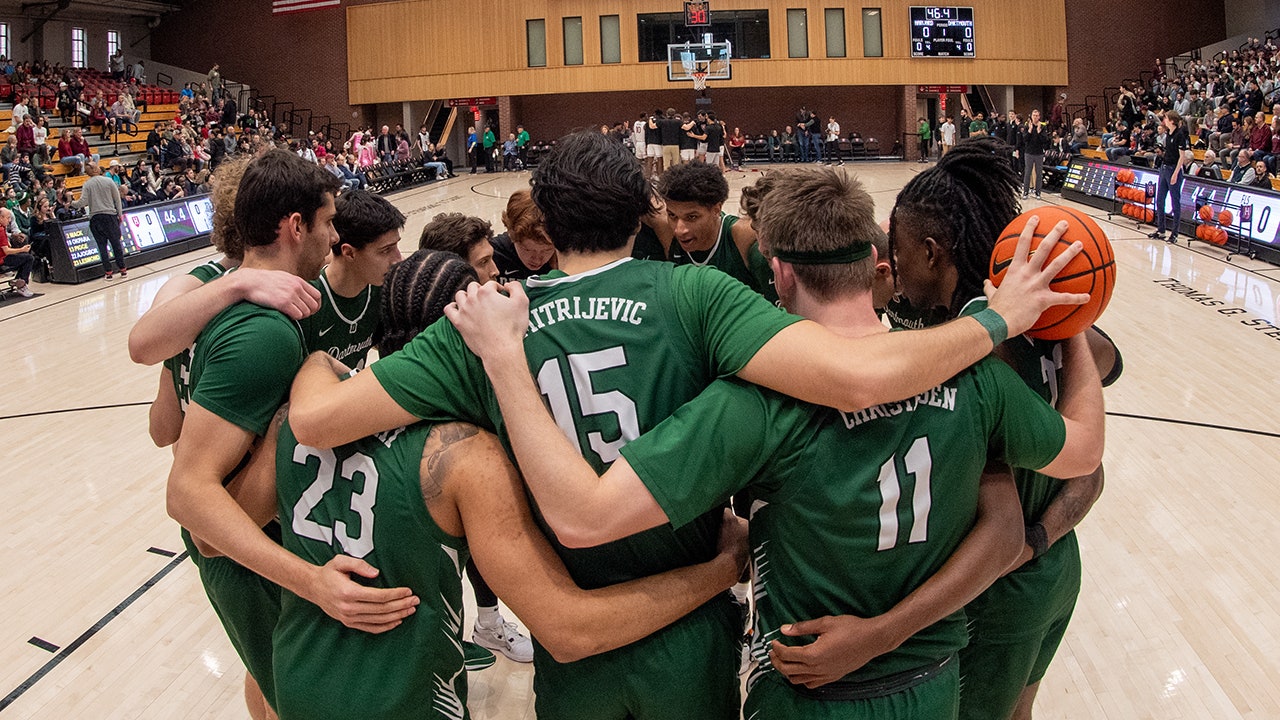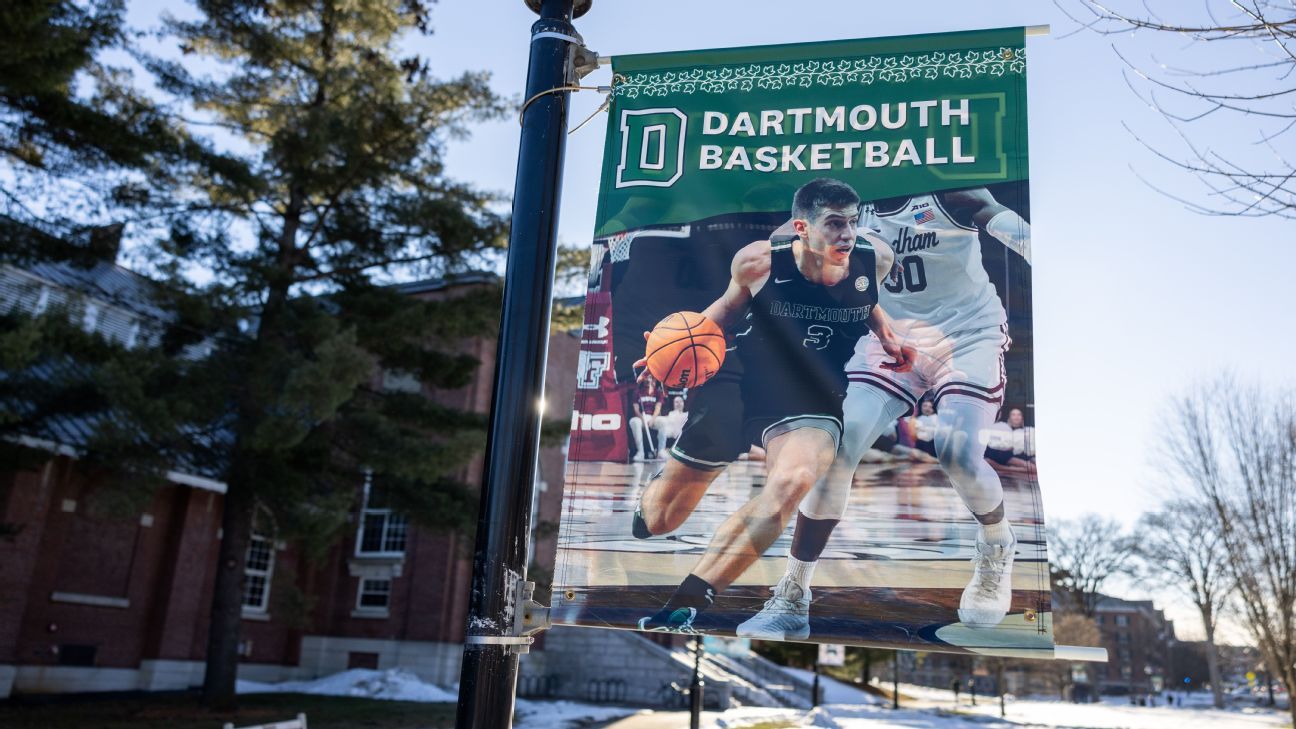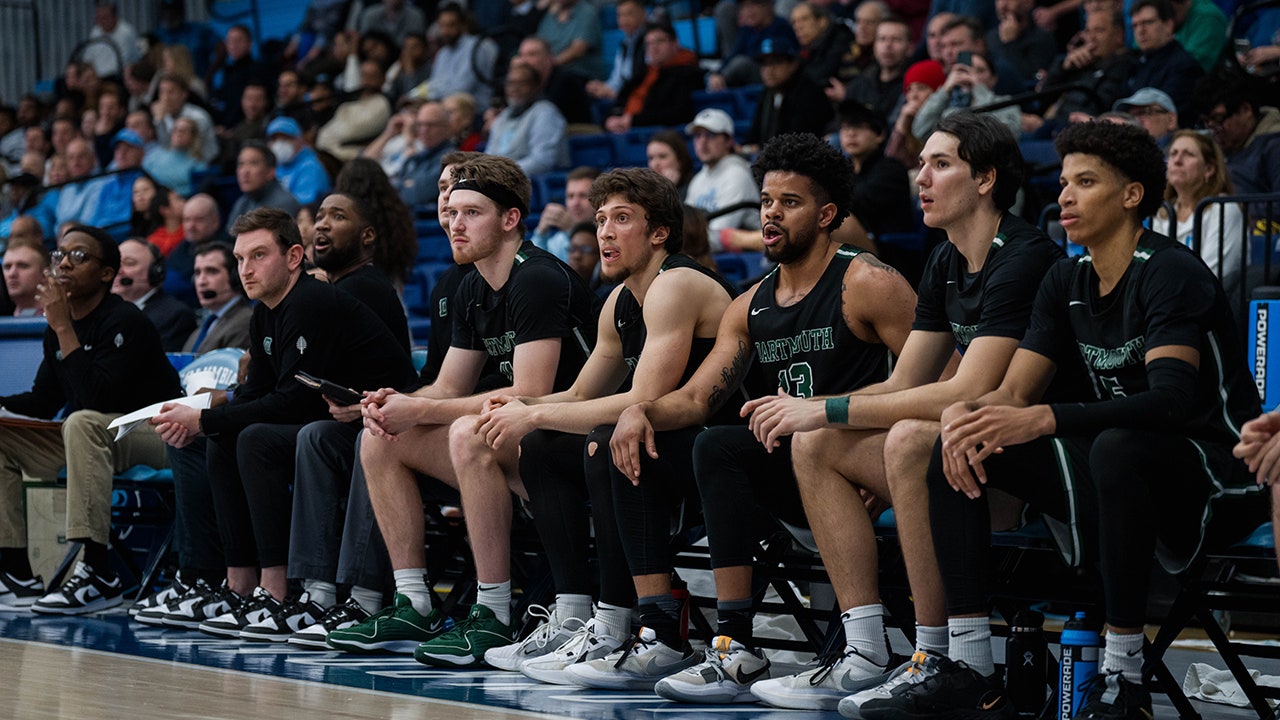The Dartmouth men’s basketball team has voluntarily ended its groundbreaking attempt to form a union, marking a significant moment in the ongoing debate about the rights and status of college athletes. On December 31, lawyers representing the team withdrew their petition to the National Labor Relations Board (NLRB), citing the anticipated shift in the board’s political composition as the reason for their decision.
Here's ads banner inside a post
This move brings a halt to what could have been a historic development in college sports. The team had sought to become the first collegiate sports team to unionize, aiming to address issues like fair compensation, adequate health coverage, and improved working conditions.
A Changing Strategy
The decision to withdraw the petition was announced by Service Employees International Union (SEIU) Local 560, which had been advocating for the players. Chris Peck, the president of SEIU Local 560, emphasized that while the unionization effort was being paused, the fight for justice in college athletics was far from over.
“While our strategy is shifting, we will continue to advocate for just compensation, adequate health coverage, and safe working conditions for varsity athletes at Dartmouth,” Peck said in a statement. He reiterated that collective bargaining remains the “only viable pathway to address issues” faced by college athletes today.
Here's ads banner inside a post
The players’ initial petition to the NLRB in 2023 argued that Dartmouth College exercised significant control over their schedules and working conditions, qualifying them as employees under labor law. A regional NLRB official supported their claim, and the team subsequently voted 13-2 in favor of unionizing.
However, with the NLRB set to shift to Republican control, union organizers feared an unfavorable ruling that could set a damaging precedent for future efforts to unionize college athletes.
Dartmouth’s Position
Dartmouth College has consistently opposed the unionization effort, arguing that its athletes are students first and foremost, not employees. In a statement earlier this year, the school described athletics as an integral part of the educational experience, asserting that athletes in the Ivy League are “students whose educational program includes athletics.”
Here's ads banner inside a post
Dartmouth had previously refused to negotiate with the basketball team, instead attempting to force the case into federal court. The college’s stance mirrors broader resistance to the idea of unionized college athletes, which would fundamentally challenge the traditional model of amateurism in collegiate sports.
The Broader Context
The Dartmouth players’ unionization effort is not the first attempt by college athletes to seek employee status. In 2015, Northwestern University football players attempted to unionize, arguing that the demands placed on them by their sport made them employees of the university. However, their effort was ultimately blocked by the NLRB, which declined to assert jurisdiction over the case, partly due to the complexities of dealing with public universities that fall outside the board’s authority.
A separate case currently under review by the NLRB involves football and basketball players at the University of Southern California. In this case, athletes are seeking to be recognized as employees not only of their school but also of the Pac-12 Conference and the NCAA. The outcome of this case could have significant implications for the future of college athletics.
Advocating for Change
The Dartmouth players’ decision to step back from unionization highlights the challenges faced by college athletes who seek to redefine their roles within the collegiate sports system. Advocates argue that the current model exploits athletes by demanding professional-level commitments without offering the compensation or protections that come with employee status.
In recent years, the conversation around college athletes’ rights has gained momentum, fueled by changes in NCAA rules that allow athletes to profit from their name, image, and likeness (NIL). However, many believe that these changes do not go far enough in addressing the broader systemic issues, such as healthcare for injuries sustained during competition or long-term financial security.
What’s Next?
While the Dartmouth basketball team’s unionization effort has been paused, the broader movement for athletes’ rights is far from over. The withdrawal of the NLRB petition is a strategic retreat rather than a surrender, as advocates look to avoid setting legal precedents that could hinder future efforts.
For now, the debate over whether college athletes should be considered employees remains unresolved. However, the Dartmouth players’ attempt has brought renewed attention to the issue, sparking discussions about fairness, equity, and the true cost of collegiate athletics.
As the labor board’s composition shifts and legal battles continue, the future of college sports hangs in the balance. The Dartmouth basketball team’s effort, though halted for now, may well serve as a catalyst for change in the years to come.

